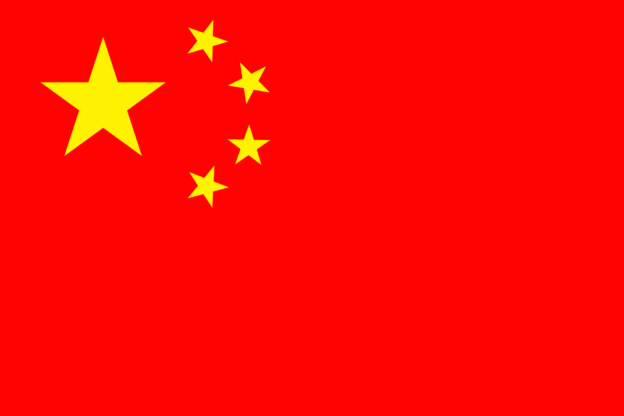Six months after the publication of a first draft, the Chinese export control bill was submitted to the Standing Committee of the Chinese National Congress for a second examination on the 28th of June 2020. The revised version (the Second Version) subject to public consultation until August 16th, 2020.
The main guiding principles of the bill remain. The PRC wishes to implement a regulation allowing a strict control of the exportations of sensitive and dual use goods and technologies, with regards to their properties, their destination and their end-use. Those goods are those which can be used for civil or military and repression purposes, and which can harm Chinese national security interests. In the long term, it looks like the entire supply chain operating in the PRC shall implement control on activities of interesting directly or indirectly exports of dual use and sensitive items.
The definitive version of this list of controlled goods is not known yet. The main changes observed in this Second Version are set out below.
- End-user and end-use verification
With regard to end-destination, while the First Version only required formal documentary control from the authorities, Article 17 contained in the Second Version provides for a principle of “control of the substance”, obliging the authority to effectively verify the end use and end user of the controlled goods. This is seen as a more effective means of control.
- Temporary control
This is one of the most innovative points. Within an international environment leading to more protectionism or to the increasing use of international trade rules for political pressure objectives, the PRC has provided for a provision allowing the implementation of temporary targeted controls, i.e. controls implemented, in certain circumstances detailed in Article 9§2, on certain specific items, not included in the list of controlled goods.
The criteria for placing items under temporary control, however, are not specified, and there is no doubt that such a decision will be the outcome of a discretionary process conducted by the PRC authorities.
- Implementation of an internal compliance policy by exporters
Article 14 of the Second Version provides that the implementation of an internal compliance policy will not be compulsory for exporters of sensitive products. However, such an implementation is encouraged for those who wish to benefit from facilitation measures when requesting export licenses.
- Responsibilities of supply chain partners and intermediaries
The Second Version incorporates a dangerous and broad new provision (Article 20), according to which an entity is not authorized to provide services to exporters in transactions that violate export control regulations. The services targeted include, in particular, agency, freight forwarding, delivery, customs clearance, third-party e-commerce platform, financing service, etc.
This article 20, which was added to the text of the law on the basis of the recommendations received during the first public consultation, looks like a disguised obligation for all operators directly or indirectly involved in activities related to export operations from the PRC, to request KYC (Know Your Customer)or KYP (Know Your Partner) forms to partners and perform compliance checks prior to the transactions. Without the implementations of such mechanisms, the operator will be at risk of not being able to evidence its good faith and of exposing oneself to unwilled participation into illegal exportations.
This article, the content of which resembles the U.S. concept of participation, is certainly one of the most restrictive provisions of this bill.
- Provision of information on export control abroad
The Second version added Article 32§2, requiring anyone acting on the Chinese territory to comply with the laws when providing abroad information related to export control. In no case information likely to endanger national security shall be provided. The nature and scope of “export control information” remains unclear here, as well as the concept of harm to national security interests.
- Extraterritorial application
A dreaded but expected change, the Second Version incorporates an extraterritorial jurisdiction clause which allows the Chinese Government to exercise a power of coercion against persons not established or not present on Chinese territory having violated Chinese export control regulations, or harmed Chinese national security and interests. Further explanation from the legislator is expected.
- Calendar
No timetable for the adoption of the final bill was announced. However, Chinese specialists however believe, given the modifications included in the Second Version, that a final version should soon be adopted.
***
DS Avocats’ Trade & Customs Team, and its experts based in Shanghai, Paris and Brussels are at your disposal to provide you with any additional information.
CONTACT US :
Paris/Brussels : dscustomsdouane@dsavocats.com
Shanghai : liuyijun@dsavocats.com

